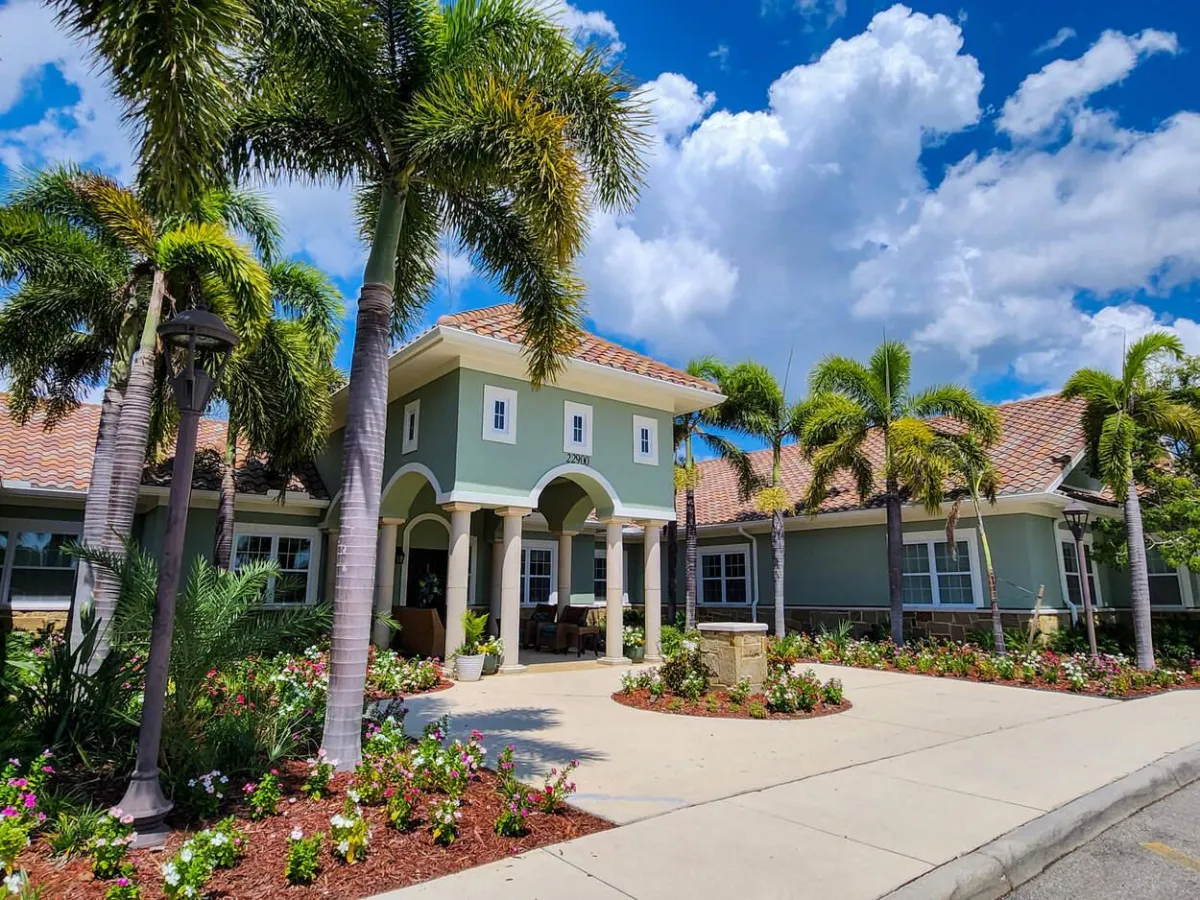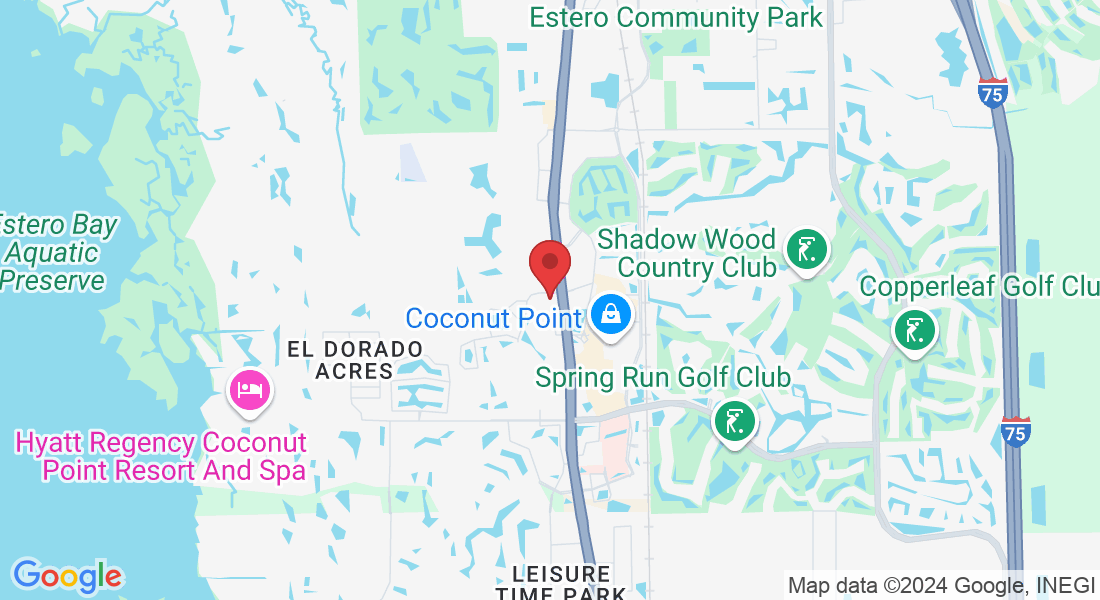Call Us: (239) 427-1455
This site is for families seeking memory care services. For employment inquiries, visit our Indeed page.
Memory Care Resources
Enjoy these articles on finding the right care for your loved one

5 Signs It's Time to Consider Memory Care for Your Loved One
Caring for a loved one experiencing memory challenges can be a deeply emotional journey. While many families strive to provide care at home, there comes a point when specialized support becomes the best option for ensuring their safety, well-being, and quality of life. Knowing when to consider memory care can be difficult, but recognizing the signs early can make the transition smoother and more beneficial for everyone involved.
If you're unsure whether it’s time, our memory care readiness quiz can provide personalized guidance. Below, let's explore five key indicators that signify it may be time to consider memory care.
1. Escalating Safety Concerns
As memory-related conditions progress, safety becomes a primary concern. Loved ones may wander, leave the stove on, or forget to lock doors, creating potentially hazardous situations. For example, wandering can lead to serious risks, particularly if they become lost or disoriented in unfamiliar surroundings.
Memory care communities are designed to prevent such dangers. Secure buildings, trained staff, and 24/7 supervision ensure residents are safe while still enjoying a sense of freedom and comfort.
Signs to watch for:
Frequent instances of getting lost or disoriented, even in familiar places.
Forgetting to turn off appliances, leading to fire hazards.
Falling or injuring themselves due to confusion or reduced mobility.
2. Struggles with Daily Activities
Activities like preparing meals, maintaining personal hygiene, or managing household chores may become overwhelming for individuals with memory loss. If your loved one begins neglecting these essential tasks, it could indicate they need professional assistance.
Memory care staff provide personalized support to help residents maintain independence while ensuring that their basic needs are met. These services include meal preparation, personal care, and medication management.
Questions to ask yourself:
Are they skipping meals or eating poorly due to confusion about cooking?
Do they seem unkempt or struggle to dress appropriately for the weather?
Is their home becoming increasingly cluttered or unsafe?
3. Behavioral and Emotional Changes
Dementia not only affects memory and cognition—it can also alter behavior and emotions. Mood swings, anxiety, aggression, or withdrawal from social activities may become more pronounced as the condition progresses.
These changes can be challenging for families to manage. Memory care communities provide a supportive environment where trained professionals use techniques to soothe and engage residents, helping them feel more at ease.
Examples of changes to look for:
Sudden irritability or frustration over small issues.
Aggressive outbursts that are uncharacteristic of their personality.
Withdrawal from social activities or hobbies they once enjoyed.
4. Worsening Health or Medication Challenges
Cognitive decline often coincides with physical health issues. Forgetting to take medication, skipping doctor’s appointments, or failing to manage chronic conditions can exacerbate health problems.
Memory care communities address these concerns by ensuring residents adhere to medication schedules, attend medical appointments, and receive proper nutrition and care. This level of oversight can significantly improve their overall well-being.
Health-related warning signs:
Unexplained weight loss or gain.
Missed doses of crucial medications.
Frequent hospital visits due to unmanaged conditions.
5. Caregiver Burnout
Providing care for a loved one with memory loss can be physically and emotionally exhausting. If you’re feeling overwhelmed, it may be a sign that additional support is necessary—not only for your loved one’s well-being but also for your own.
Caregiver burnout can lead to feelings of guilt, frustration, or resentment, which may strain your relationship. Transitioning to memory care allows you to focus on spending quality time together without the stress of managing their day-to-day needs.
Signs of caregiver burnout:
Constant fatigue or lack of sleep.
Feeling irritable, anxious, or emotionally drained.
Neglecting your own health or responsibilities.
Take the Next Step: Assess Your Loved One’s Needs
Determining whether it’s time for memory care isn’t always clear-cut, but Gulf Coast Memory Care is here to help. Our memory care readiness quiz is a quick and insightful tool designed to guide families through this decision-making process. By completing this 5-minute survey, you’ll better understand your loved one’s needs and whether memory care is the right choice.
This quiz provides personalized results based on factors like safety, health, and daily care requirements. It’s an invaluable resource for families navigating this difficult journey.
Why Choose Gulf Coast Memory Care?
At Gulf Coast Memory Care, we’re committed to providing compassionate and professional support for individuals with memory loss. Our specialized services ensure that residents receive the highest standard of care in a nurturing environment. From enriching activities to tailored healthcare plans, we focus on enhancing quality of life for both residents and their families.
Conclusion: Be Proactive About Your Loved One’s Care
Recognizing the signs that it’s time to consider memory care can be difficult, but taking action early ensures your loved one receives the support they need. Safety, comfort, and well-being are paramount, and a memory care community can provide all of these in a structured, supportive setting.
Don’t wait until a crisis occurs to explore your options. Start today by taking our memory care readiness quiz. It’s a simple yet powerful step toward ensuring your loved one’s future happiness and safety.

Gulf Coast Memory Care
(239) 427-1455
22900 Lyden Dr, Estero, FL 33928
AL# 12921





